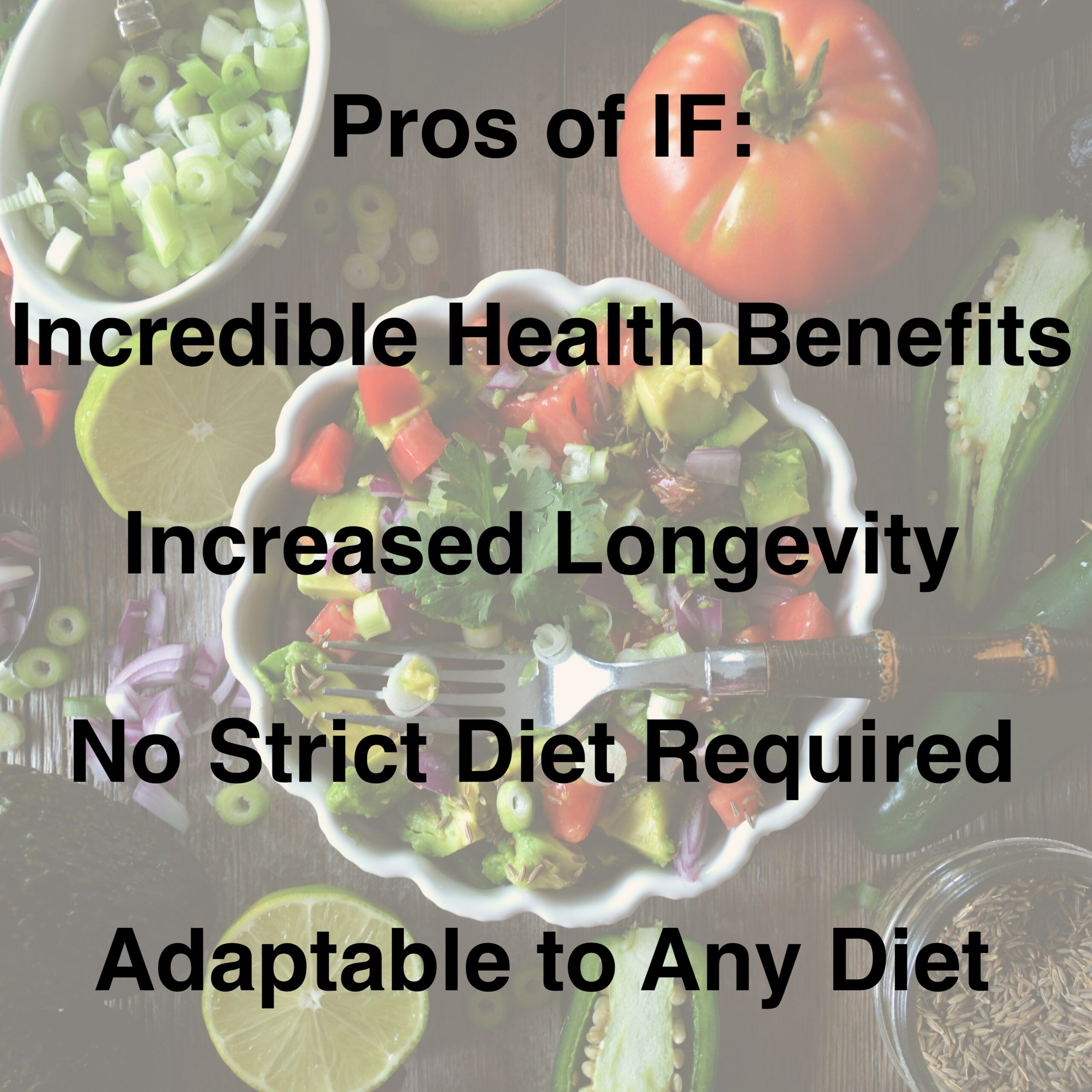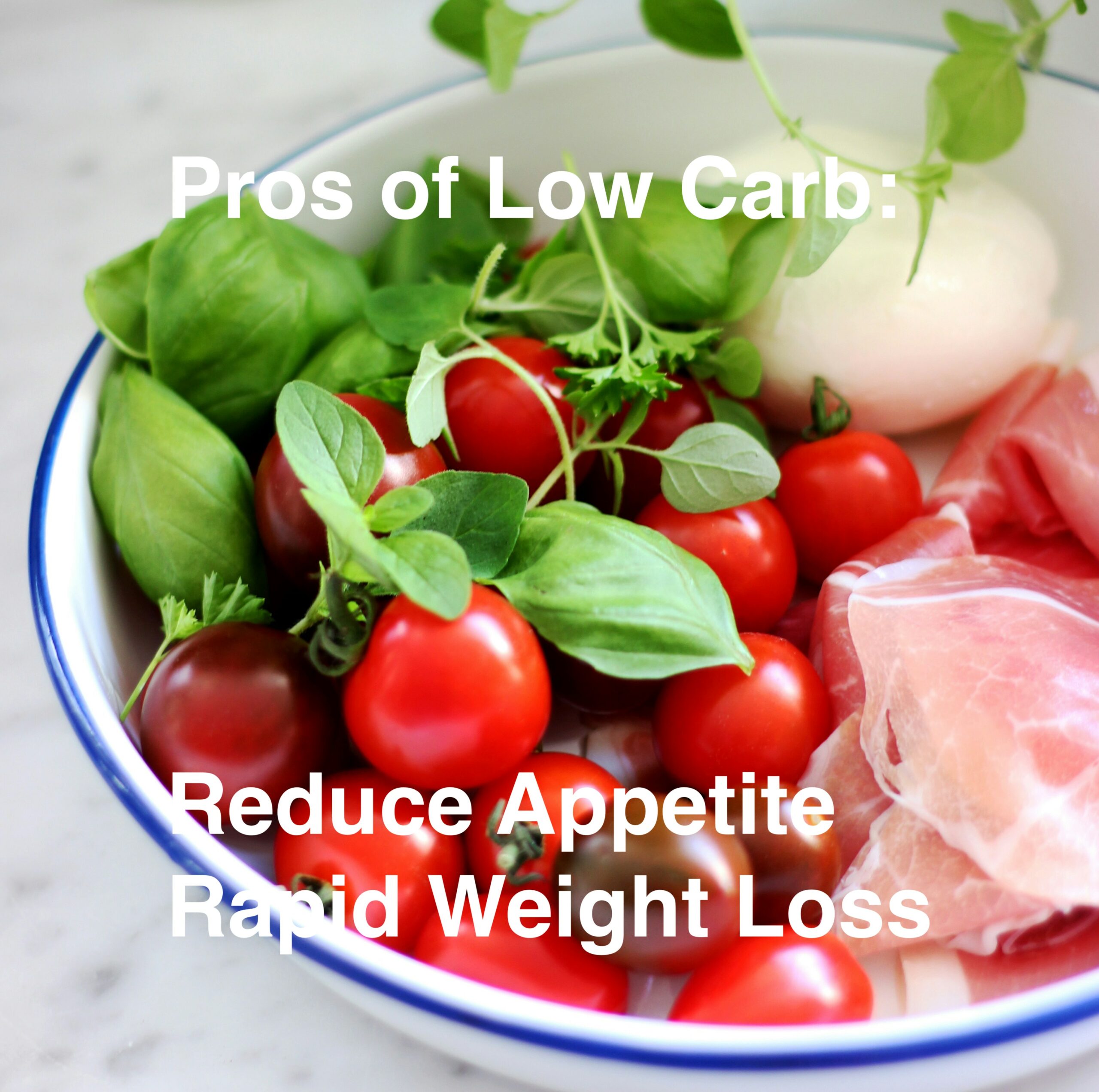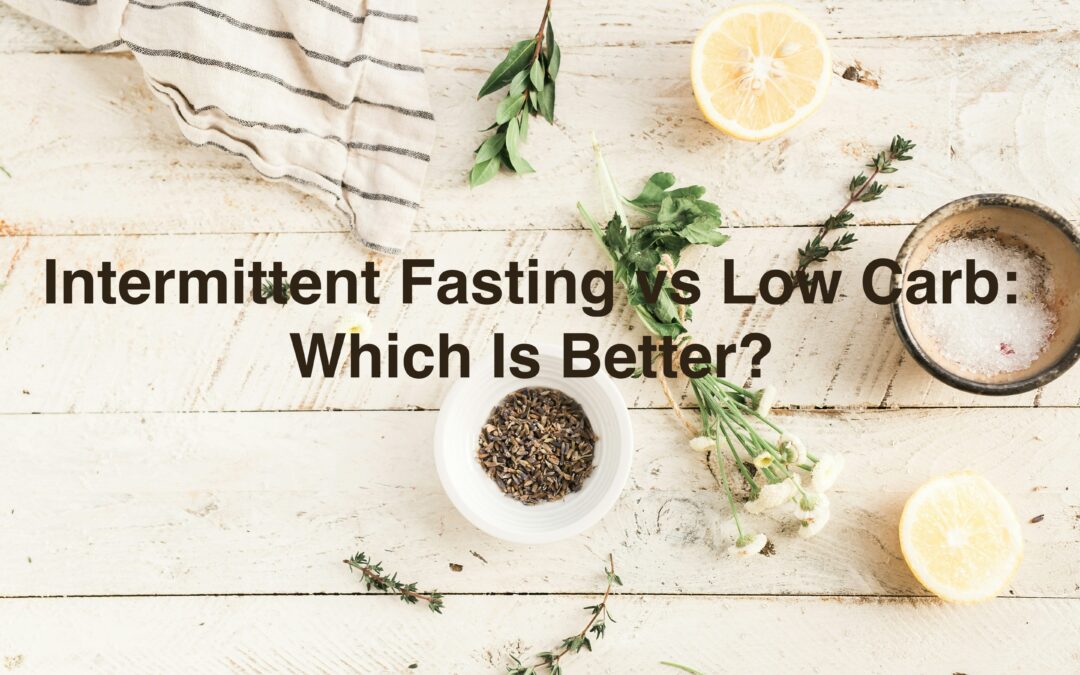Intermittent fasting and low-carb diets have gained immense popularity for their potential health and weight loss benefits. In this article, we’ll detail the two approaches, exploring what makes intermittent fasting unique compared to low-carb diets. By understanding the pros and cons of each, you can make an informed decision about which might be the better fit for your health and wellness goals. Let’s dive in: Intermittent Fasting vs Low Carb.
What is Intermittent Fasting?
Intermittent fasting (IF) is an eating pattern that cycles between periods of eating and fasting. It doesn’t prescribe specific foods but focuses on when you eat. This approach promotes incredible health benefits, adaptability to different diets, time flexibility and a lot of simplicity.
What is a Low-Carb Diet?
A low-carb diet restricts the intake of carbohydrates, emphasizing proteins and fats as the primary energy sources. It’s essential to note that low-carb diets vary, and the ketogenic (keto) diet is a specific form that drastically reduces carb intake to induce the ketosis state in your body.
Low-Carb vs. Keto
While low-carb diets limit carb intake, the keto diet takes it further, pushing the body into a state of ketosis where it relies on fat for energy. Find here more info about Keto Diet.
Pros and Cons of Intermittent Fasting
Pros of Intermittent Fasting:
- Incredible Health Benefits: IF has been associated with improved metabolic health, enhanced brain function, reversing Type – 2 diabetes and increased longevity.
- No Strict Diet Required: IF doesn’t restrict specific food types, providing flexibility in dietary choices. Only eating and fasting window matter.
- Adaptable to Any Diet: Whether you follow a vegan, paleo, or other dietary approach, IF can be integrated seamlessly.

Cons of Intermittent Fasting:
- Potential Intimidation: For some, the idea of fasting may seem intimidating or challenging initially.
- Social Limitation: Fasting is not mainstream nor promoted by the TV. It might be harder to practice fasting with no one practicing around you.
Pros and Cons of Low-Carb
Pros of Low-Carb:
- Reduced Appetite: A low-carb diet can lead to decreased appetite as protein will fill you up fast, aiding in weight loss.
- Rapid Weight Loss: The reduction in carbohydrates often results in quick initial weight loss.

Cons of Low-Carb:
- Nutrient Deficiencies: Due to restrictions, low-carb diets may lead to deficiencies in essential nutrients like fiber and antioxidants. It’s important to supplement correctly your diet to avoid any deficiencies. Read here about the 10 Best Supplements to take while Intermittent Fasting.
- Loss of Lean Muscle Mass: Muscle loss can occur as the body shifts to burning fat for energy.
- Inflammation: Reduced fiber intake may increase inflammation in the body.
- Dyslipidemia: Low-carb diets may impact cholesterol levels, potentially leading to cardiovascular issues.
- Digestive Issues: Gastrointestinal distress is a reported side effect of low-carb diets.
- Dehydration: Loss of electrolytes, typically replaced by carbs, can lead to dehydration.
Intermittent Fasting Vs Low Carb: Which is Best?
In comparing intermittent fasting and low-carb diets, the choice ultimately depends on individual preferences and goals. However, for a more balanced and sustainable approach, intermittent fasting tends to have the upper hand. It offers diverse health benefits without the potential pitfalls associated with extreme carbohydrate restriction. Making it more sustainable for most lifestyle.
Intermittent Fasting vs Low Carb diet
As you explore the benefits of intermittent fasting and low-carb diets, consider your lifestyle, preferences, and health objectives. While both approaches have merits, intermittent fasting stands out as a versatile and effective strategy for overall well-being. Remember it is crucial to listen to your body and tailor your approach to your unique needs. Intermittent fasting, when done mindfully and with guidance, can be a valuable tool on your weight loss journey as well as your better health.
Get Guidance While Intermittent Fasting
If you’re serious about taking care of your health, you’re definitely on the right track with intermittent fasting. Now you’ve learn the many benefits of intermittent fasting over low-carb diet, if you’re looking for a little bit of guidance, I am Celeste, French Fasting Coach here to help you! Schedule a consultation today to discuss how I can help you succeed on your IF journey.
Sign up for a free 20-minute consultation using the link below.




